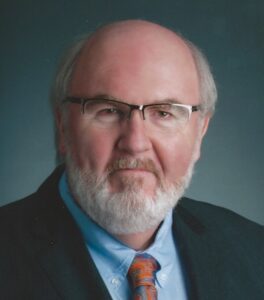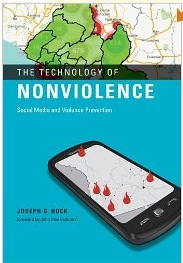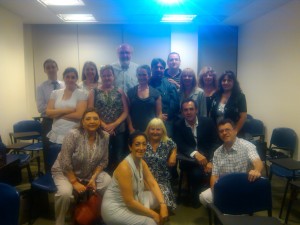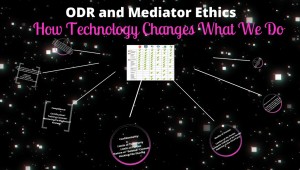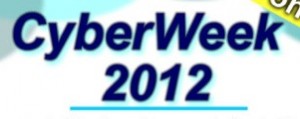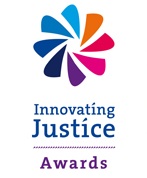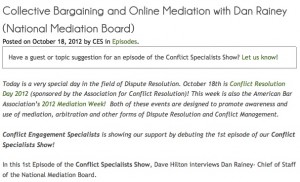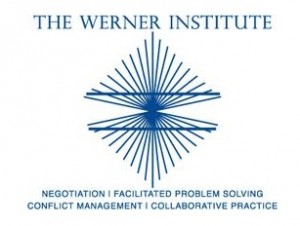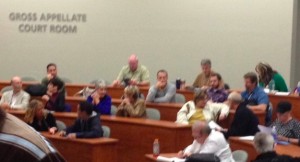Out with 2012, in with 2013 . . . .
Thanks to a gift from my friend Alan Tidwell (his blog can be found at http://storeofideas.net/), I have spent the last few days going through a book that has prompted my end-of-year thoughts for 2012.
The book is The Technology of Nonviolence: Social Media and Violence Prevention, by Joseph Bock – it’s a treatise on the theory of strategic peacebuiding, and sort of secondarily a commentary on the use of technology as an aid to intervention in violent conflict. (It’s available at http://www.amazon.com/Technology-Nonviolence-Social-Violence-Prevention/dp/0262017628/ref=sr_1_1?s=books&ie=UTF8&qid=1356984229&sr=1-1&keywords=the+technology+of+nonviolence)
Bock introduces the concluding chapter with a quote from Paul Currion: “Innovation is all well and good, but you can easily miss the forest for the trees . . . . political problems cannot be solved by technological solutions.” This tracks pretty well with Bock’s attitude throughout the book. That is to say he’s not greatly enamored of the use of technology, and he’s pretty quick to point out technology’s limitations as part of a response to violent conflict. It’s a convenient straw man for Currion (I’ve never heard anyone claim that technology can, by itself, solve any kind of problem), and to Bock’s credit he kicks off his conclusion by saying, “. . . violence prevention initiatives at a local level, combined with the support of middle- and top-level leaders, using various combinations of technology, have saved and can save lives.”
Given my well-known affinity for and relationship with online dispute resolution technology, I’m surely more positive about the use of technology than Bock. As I’ve said on many occasions, the basic tasks facing those who deal with conflict, on pretty much any level, are managing communication, managing information, and managing group dynamics. ICT has obvious things to contribute to all three, especially in the hands of those who artfully combine technology with traditional approaches to conflict engagement.
But as a catalyst for my end-of-year ruminations, it isn’t Bock’s thoughts on the limitations of technology that set me off: it was the “have saved and can save lives” comment.
So, for my friends in the world of conflict engagement I have this thought.
Each year, mindfully and intentionally, I reflect on the amazing group of friends and colleagues I have been so fortunate to meet and work with over the years. From those who deal with peacebuilding at the broadest level, to those who sit at tables between individuals who are in conflict, you are all in a position to affect, if not literally save, lives on a daily basis, and I have the most profound respect and love for all of you.
